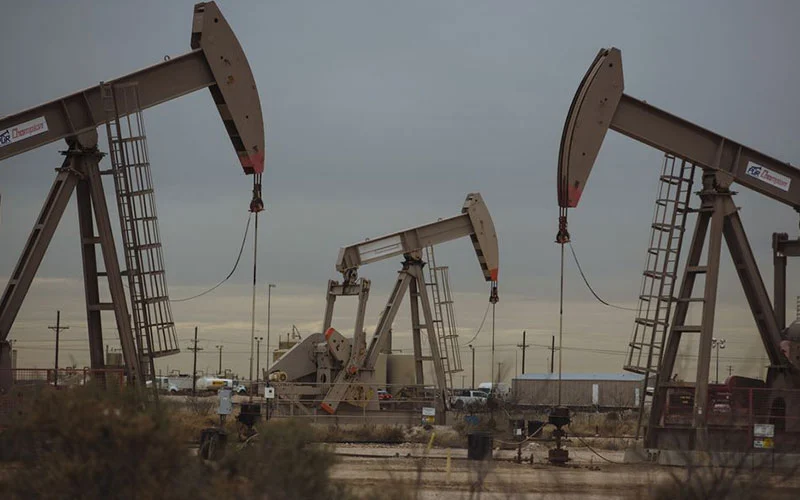President Donald Trump has been undeniably active in the Oval Office since he took office, implementing a range of new policy changes through countless executive orders. Recently, he once again issued another executive order—this time targeting Venezuela. Specifically, President Trump declared that any country purchasing Venezuelan oil must pay a 25% tariff to the U.S., justifying the move by claiming that Venezuela has been deliberately “sending criminals” to America. He added no concrete evidence to this claim, however.
President Trump has detailed that this plan would begin on April 2nd and that the tariff would be imposed on any countries exporting goods to the U.S. that hold trade imports with Venezuelan oils. Even if these countries imported oil from Venezuela indirectly, the tariff may still be imposed on them, the order said.
Trump’s reasoning behind the action is simple. “If they buy their oil from Venezuela, they have to pay [the tariffs] to do business with the United States—that’s on top of existing tariffs,” he stated during a press conference at the White House, according to CNBC.
Trump believes that such measurements should be added because he believes that the government of Venezuela, led under the dictatorship of Nicolás Maduro, may pose a national security threat to the United States. With Venezuela suffering a political crisis under Maduro’s authoritarian government, Trump’s tariffs are designed to limit direct threats to the U.S. as much as possible as he believes the country is intentionally flooding the U.S. with criminals. These include individuals and gang members like Tren de Aragua, a violent group in Venezuela.
Despite Trump’s rationale, some are still skeptical of his true intentions. This is because Venezuelan oil is clearly very crucial to China –– one of Trump’s silent adversaries. According to the Financial Times, Venezuela exported about 921,000 barrels of crude oil per day in 2024, with China being the largest destination for them, receiving around 351,000 of those barrels. The U.S. was the nation’s second largest export country, with the U.S. receiving 228,000 barrels of crude oil per day.
“This announcement by the Trump administration appears to be one more action targeting China,” Matt Smith, an oil analyst at Kpler, said in an interview with CNBC. Since taking office, President Trump has enforced multiple tariff attacks at Chinese imports to the U.S. including steel and aluminum. This tariff does indeed seem to be another direct hit from Trump to China.
If China were to continue trading with Venezuela after the tariffs are imposed, they would suffer tremendously with over a 70% tax on various imported goods, such as steel and aluminum due to the additions of previously-enacted tariffs.
President Trump’s bold actions to impose tariffs on numerous countries are meeting divided responses from the public. Some see it as a revolutionary progression towards re-establishing the U.S. as a principal power in the global economy, while others believe that America’s belligerence would backfire from reciprocated tariffs in the future.
Guo Jiakun, a spokesperson of the Ministry of Foreign Affairs, sums up the conflict concisely. Urging the U.S. to put an end to their destructive tariffs, Guo stated that in the end, “there are no winners in a trade war or tariff war.”














































































































































